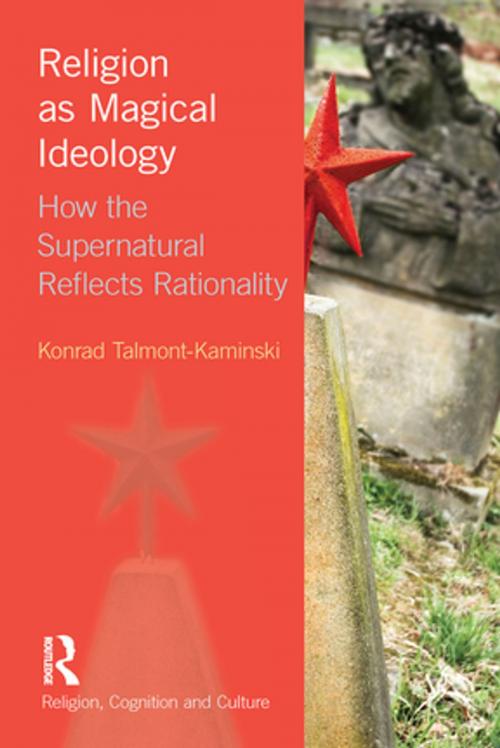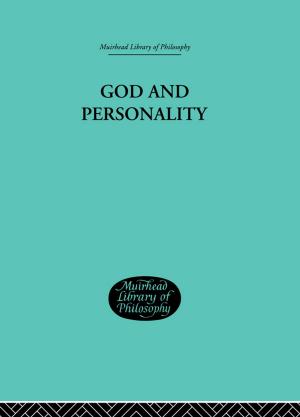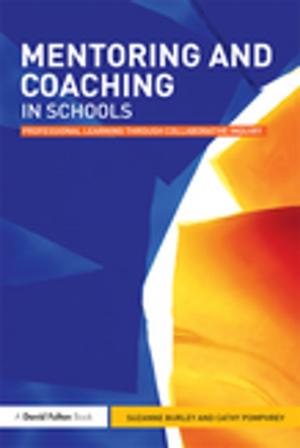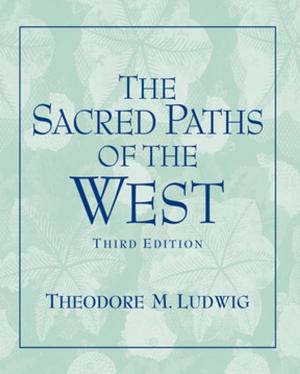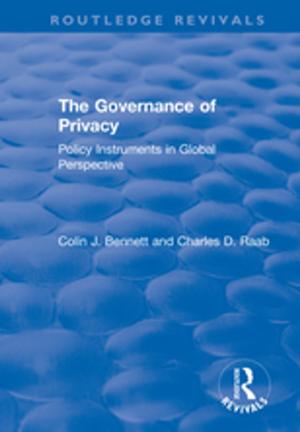Religion as Magical Ideology
How the Supernatural Reflects Rationality
Nonfiction, Religion & Spirituality| Author: | Konrad Talmont-Kaminski | ISBN: | 9781317544739 |
| Publisher: | Taylor and Francis | Publication: | October 20, 2014 |
| Imprint: | Routledge | Language: | English |
| Author: | Konrad Talmont-Kaminski |
| ISBN: | 9781317544739 |
| Publisher: | Taylor and Francis |
| Publication: | October 20, 2014 |
| Imprint: | Routledge |
| Language: | English |
'Religion as Magical Ideology' examines the relationship between rationality and supernatural beliefs arguing that such beliefs are products of evolution, cognition and culture. The book does not offer a false rapprochement between reason and religion; instead, it explores their interrelationship as a series of complex adaptations between cognitive and cultural processes. Exploring the nature of the tension between religious traditions and reason, 'Religion as Magical Ideology' develops a dual inheritance theory of religion - which combines the cognitive byproduct and prosocial adaptation accounts - and analyses the connection between the function of a belief and the degree of protection it gets from potential counter-evidence. With discussion ranging from individual cognitive mechanisms, general functional considerations, to the limits of evolutionary and cognitive processes, the book offers readers a systematic account of how cognition shapes religious beliefs and practices.
'Religion as Magical Ideology' examines the relationship between rationality and supernatural beliefs arguing that such beliefs are products of evolution, cognition and culture. The book does not offer a false rapprochement between reason and religion; instead, it explores their interrelationship as a series of complex adaptations between cognitive and cultural processes. Exploring the nature of the tension between religious traditions and reason, 'Religion as Magical Ideology' develops a dual inheritance theory of religion - which combines the cognitive byproduct and prosocial adaptation accounts - and analyses the connection between the function of a belief and the degree of protection it gets from potential counter-evidence. With discussion ranging from individual cognitive mechanisms, general functional considerations, to the limits of evolutionary and cognitive processes, the book offers readers a systematic account of how cognition shapes religious beliefs and practices.
